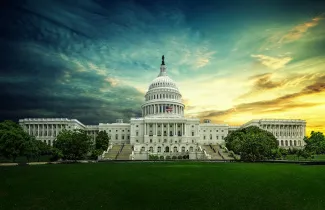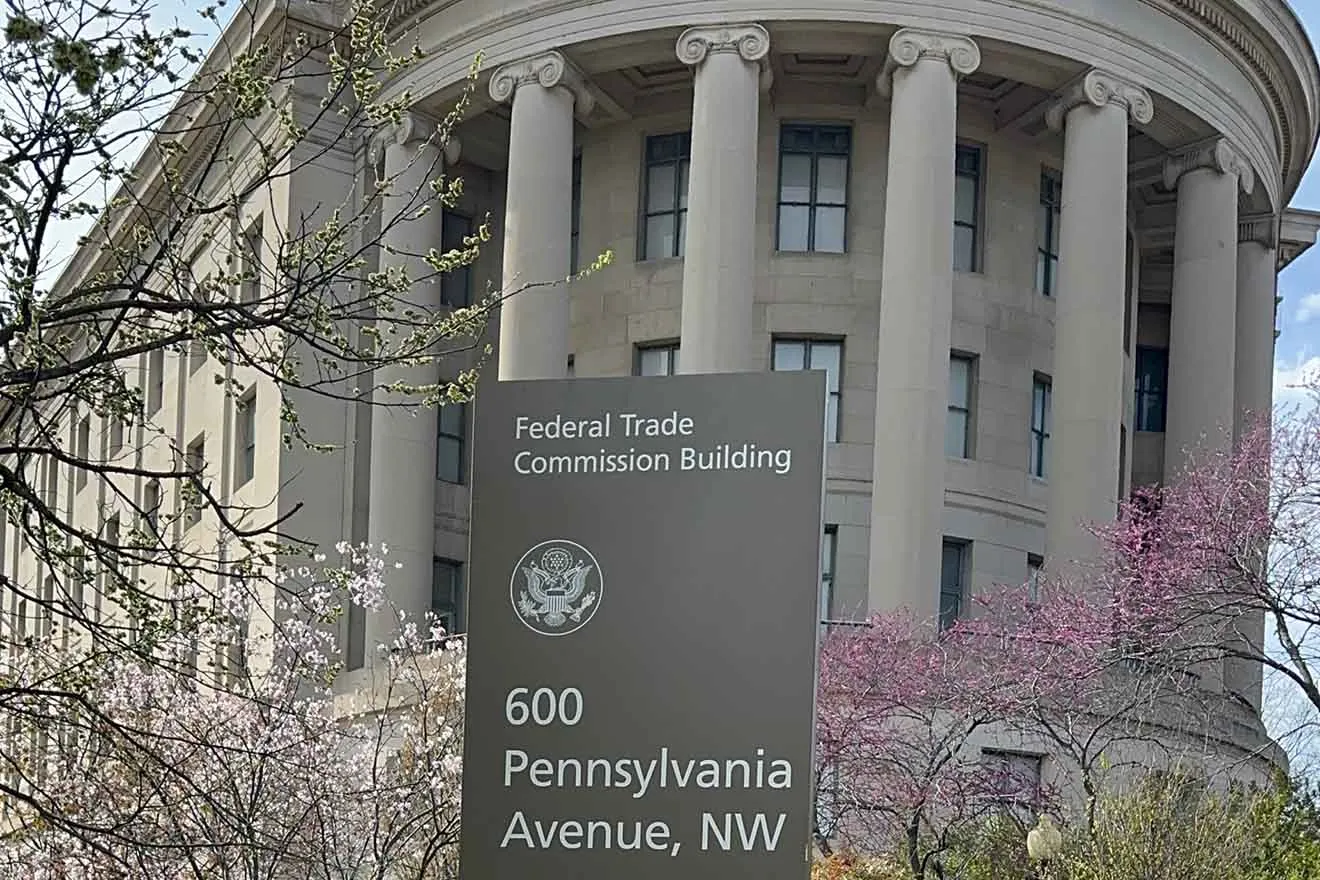
Congress announces Child Tax Credit deal
Click play to listen to a version of this article.
(Greater Dakota News Service) Congress is poised to consider renewing the expanded Child Tax Credit and policy analysts said the latest effort could help tens of thousands of children across the nation.
This week, congressional leaders announced a bipartisan tax deal including a three-year extension of an enhanced Child Tax Credit, to make it more accessible to low-income households who typically do not qualify. It is not as big a credit as the temporary expansion that ended in 2021.
Xanna Burg, director of Kids Count for South Dakota, said researchers found the initial credit led to spending on basic needs, suggesting a more modest approach this time will still help stabilize household budgets.

"You know, some low-income families -- a smaller percentage, but some -- did use the Child Tax Credit to either pay down debt or save a little," Burg observed. "That also is really significant too, when we think about economic security for families."
She noted it allowed households to be better prepared for unexpected expenses and stay afloat. The Center on Budget and Policy Priorities estimated the new credit plan would lift 500,000 children above the poverty line when fully phased in.
In the first year, 41,000 South Dakota children would benefit. While the deal is bipartisan, it is unclear if other issues, such as avoiding a government shutdown, will stall debate.
If the expanded credit is approved on a three-year basis, Burg acknowledged it would give policy researchers more information about the best way to help struggling families. More importantly, she pointed out it creates more predictability for those who are eligible.
"When you think about, like, a new family who just had a baby, by the time this ends, that child is going to be three," Burg noted. "Three years of a young child's life is very significant when you think about maybe a family having, you know, the extra food they need."
The Center on Budget and Policy Priorities said when the initial expansion expired along with other pandemic relief, the number of children living in families below the poverty line increased by 5 million. Meanwhile, congressional leaders behind the plan hope to get it approved in time for this year's tax-filing season, despite the other issues they're juggling.

















